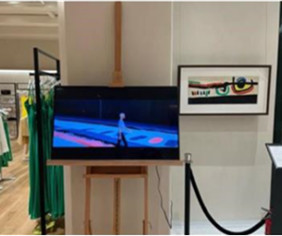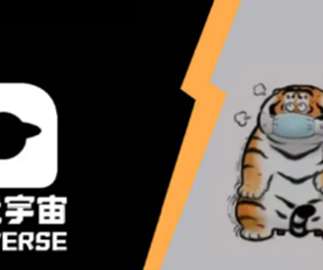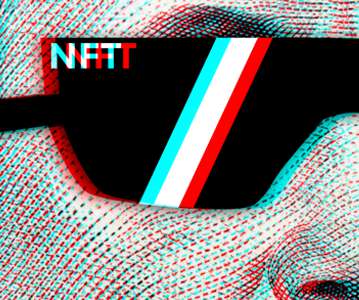First duel between NFTs and copyright before the Spanish courts: NFTs 1 – Authors 0
Kluwer Copyright Blog
APRIL 22, 2024
Technically, from a copyright perspective, the NFTs were derivative works of the Paintings (underlying works), since the former included major copyrightable elements of the (previously created) latter. More from our authors: International Cybersecurity and Privacy Law in Practice, Second Edition by Charlotte A.












Let's personalize your content